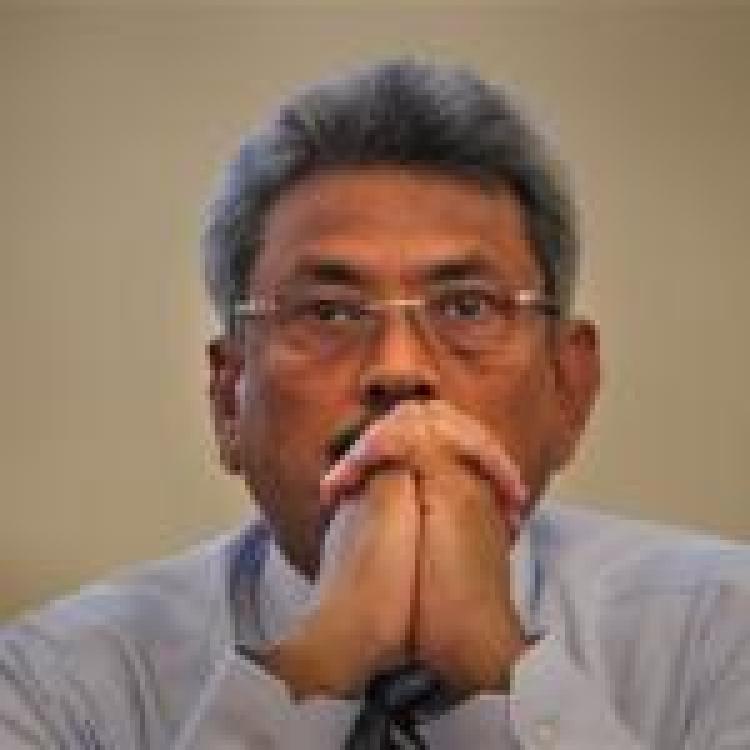Yasmin Sooka, the executive director at the International Truth and Justice Project (ITJP) said the culture of impunity related to torture and sexual violence was entrenched in Sri Lanka during a press conference today, following two civil lawsuits being filed in the United States against Sri Lanka's former defence secretary, Gotabhaya Rajapaksa over torture.
“This is about ensuring that victims’ rights are protected and it is also about ensuring that the wider world knows about what happened in Sri Lanka during this particular period. Nobody has ever been held accountable and what we’ve seen is an unbroken line in terms of the torture and sexual violence that continues in Sri Lanka,” Sooka told the press conference, held in London.
One of the civil cases against Gotabaya Rajapaksa was filed by ITJP in partnership with Hausfeld law firm.
Detailing the context of torture in Sri Lanka, Sooka said torture is used as system wide policy in various institutions of Sri Lanka, including the Criminal Investigation Department (CID) and the security forces. There have been a number of people in the Terrorist Investigation Division (TID) and CID who should have been held accountable for torture but instead found themselves promoted which "demonstrates the levels of impunity in Sri Lanka."
Sooka was accompanied by Scott Gilmore, a human rights lawyer, Wessesn Jazrawi, a lawyer at Hausfeld and Roy Samathanam, a Tamil torture survivor who now resides in Canada.
Samathanam, the plaintiff, recalled the three years he spent in detention after being arrested in Colombo during a visit to Sri Lanka in September 2007 on false charges by Sri Lankan police.

Initially after his arrest, Samathanam was taken to the TID headquarters where he was held on the second level, handcuffed to an office table. Samathanam, a type 2 diabetic, was denied his medications for five days until Canadian embassy officials arrived to see him.
Samathanam was later transferred to Boosa prison which is known for its endemic use of torture and sexual violence against Tamil detainees. He was kept in an A1 cell, a solitary cell without a toilet.
Samathanam witnessed torture and sexual violence at both the TID headquarters and Boosa prison.
“It never goes away. The images of girls and guys being sexually assaulted. I can still remember their faces,” Samathanam told the conference.
The Canadian embassy told Sri Lanka to transfer Samathanam back to Colombo where he was presented with a B report which outlined 10-12 charges, including the accusation trying to kill Sarath Fonseka, the Commander of the Sri Lankan Army during the final phase of the war.
After being physically and psychologically tortured for three years, Samathanam was forced to sign a false confession by threatening to kill and rape his wife and child. He was released in August 2010 on a plea deal.
When asked why he brought case, Samathanam replied that what happened to him was “not acceptable” and wants to give unheard torture victims from Sri Lanka a voice.
Read more here from our interview with Samathanam.
Speaking at the conference, Gilmore said that there had been efforts to take similar cases through the Sri Lankan judicial system but they lead to nowhere. “There is evidence that Sri Lanka’s judicial system is not independent,” he added.
“Under international law, Mr Rajapaksa bears command responsibility for the abuses carried by his security forces,” Gilmore said in a joint statement released today by ITJP and Hausfeld.
Rajapaksa, who oversaw a military offensive that massacred tens of thousands of Tamils, was formally served notice of the lawsuit at a Trader Joe’s parking lot in Pasadena, California.

